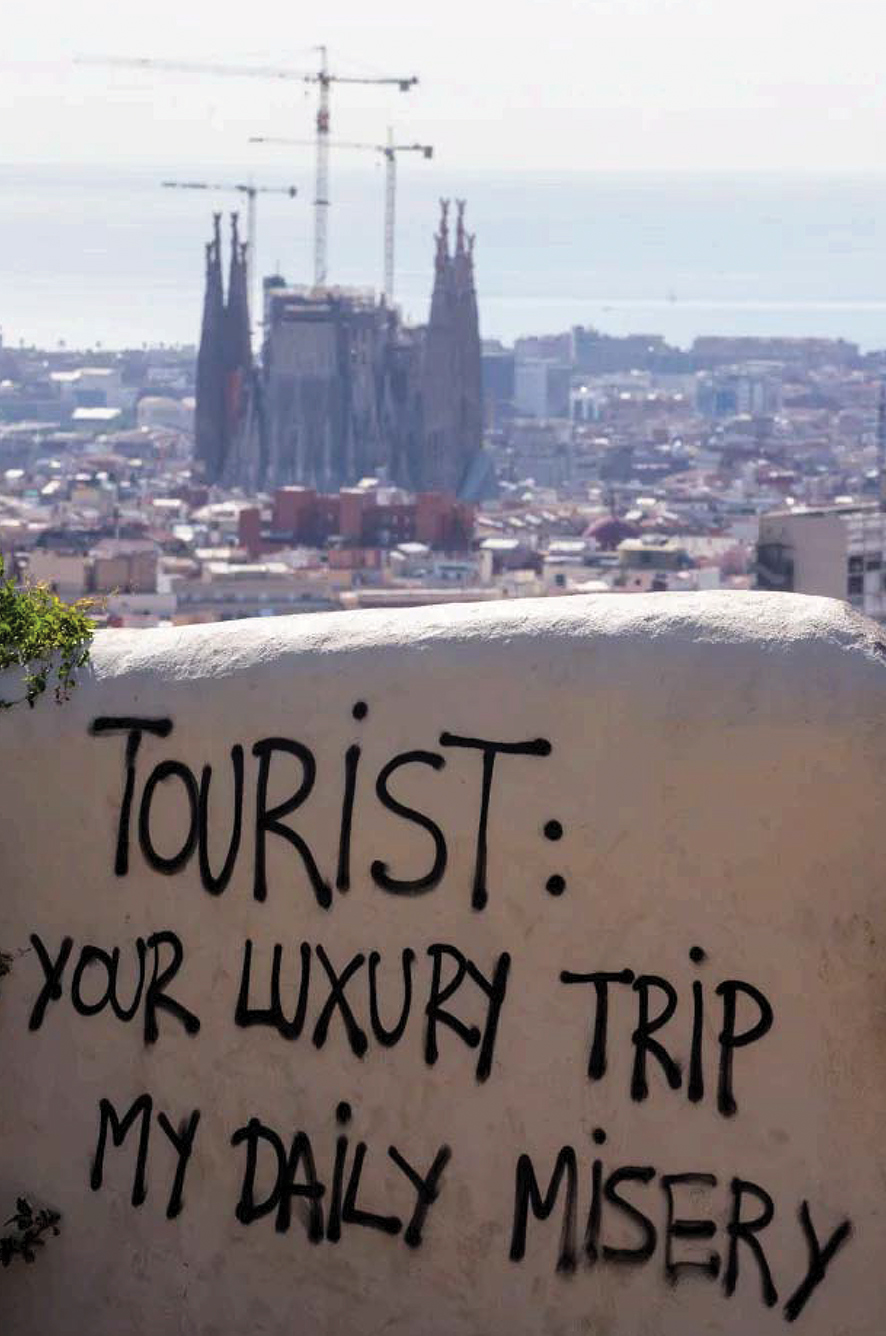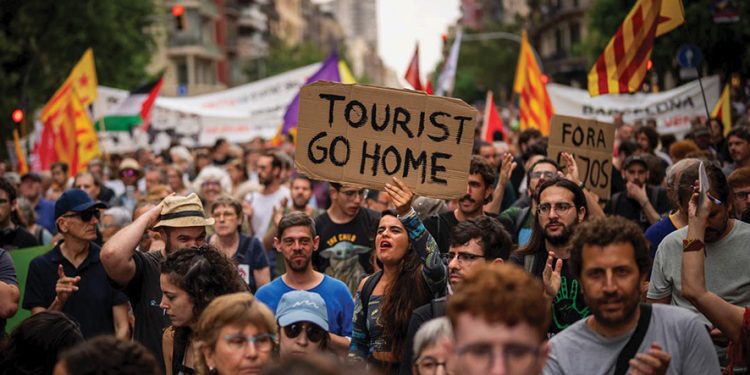The tourist season is at its peak around the globe, with globalization per se having tremendously facilitated the industry, seeing the tourist flow increasing in every possible direction, including into our small Saqartvelo. Tourism has become a way of life for hundreds of millions of people around the planet, being one of the most accessible financial sources for many a travel-attractive nation’s economic development. In 2023, Georgia received 4.1-billion-dollar revenues from tourism, having hosted 7.1 million foreign touring visitors. Based on certain professional prognostications, the figures are expected to grow even further by the end of the current year, notwithstanding the raised political temperature and inter-party strife.
Georgia happens to boast a spiritual and material culture which has huge potential for tourism development, but nothing will happen without pertinent infrastructure, capital investment and PR efforts thereof, and this will not happen overnight. Indeed, if it ever happens, it will only take place in the forthcoming years, provided all is OK in the country, meaning peace and calm in the first place.

While tourism is a lucrative contemporary business, it also has a lot of negative streaks to it- crowded environment, noise, pollution, prices through the roof and what not. As it turns out, the European population is becoming overstrained due to tourism’s proliferation, instigating ever-increasing public-wide discontent. The indignation is so serious that the protest has spread throughout several European countries, including the nations of intense tourism like Spain, Italy, Greece and France, with people demanding their governments cut back on the tourist flow. Such manifestations have hit Spain particularly dramatically of late: thousands filled the streets in the Canary Islands and Mallorca; in Barcelona, participants armed themselves with water guns to spray tourists; and the Spanish Supreme Court has been inundated with lawsuits reflecting citizens’ complaints about the deteriorated standards of living. Life has become impossible on the Spanish islands, locals claim, because of the soaring prices of products and real estate. Beaches, cafes, bars and other venues of get-together are overcrowded, and guest vacationers, having purchased local or rent out for just a couple of months each year, throughout the rest of the year leaving those dwellings idle. For realtors, this is a rewarding business, but for the indigenous population, those commercial deals mean real estate moves further and further out of reach.
And the same is happening here in Georgia. That’s why it makes sense to talk about the situation in the countries of Europe now and learn from their experience, as politicians do their possible best to calm their people down. The Mayor of Barcelona promised he would invalidate the owner’s deeds on “for-let” houses and apartments for more than 10-thousand foreign landlords, starting from 2038, landlords who are currently licensed to rent their places out to those very tourists whose ever-growing numbers are striking the nerves of local dwellers. He also claims he will raise the estate taxes for them too. In most countries, there is a law that obligates visitors to pay “tourism-tax,” in addition to all other dues. The money raised goes to the city budget to be used to various useful ends, on city infrastructure and the like.

And yet, while some are dreaming of introducing strict tourism restrictions to solve or ease the issue, others are trying to use excessive tourism to their own benefit. The best example of this is the quick-to-go-viral video piece uploaded by the Mayor of Panama, a ruse of the highest caliber, seeing him inviting the tourists being rejected in Barcelona to his own country, with the promise of free board and lodging, the costs of which will be written off by his city administration. It is not yet known whether the tourists currently enjoying Barcelona have reacted to that enticing proposal or not, but the finale of the Panama mayor’s commercial endeavor certainly works up the imagination.
Blog by Nugzar B. Ruhadze














